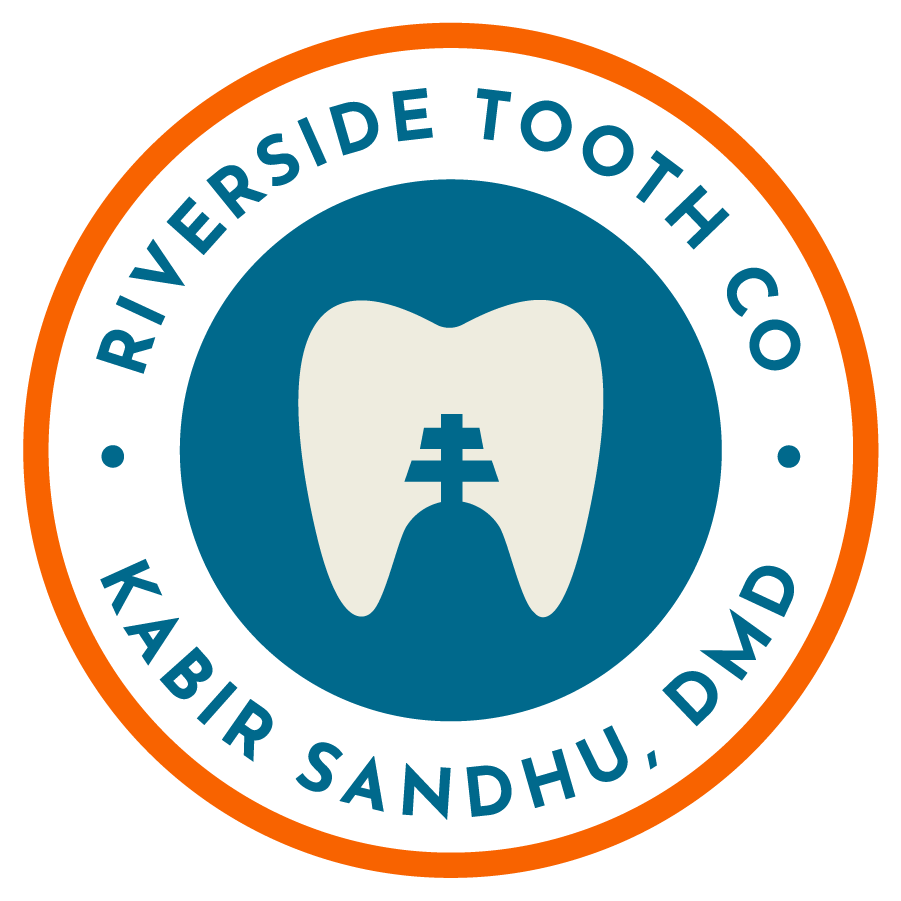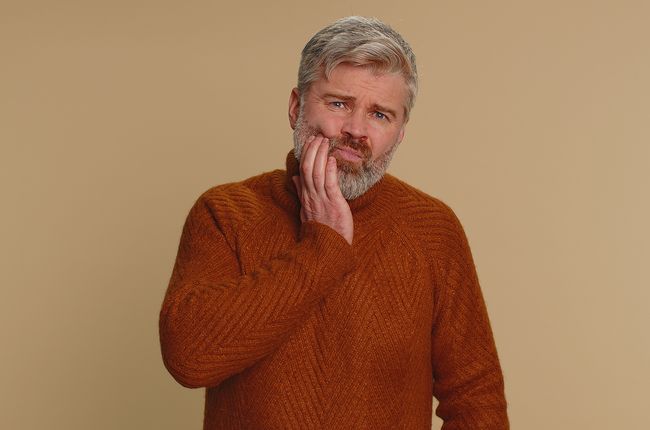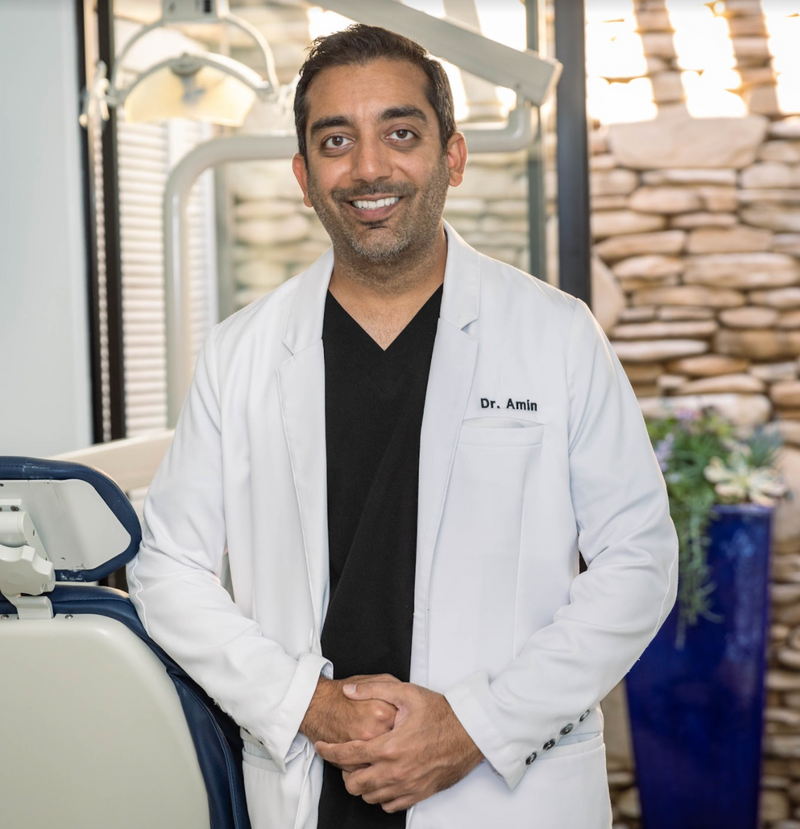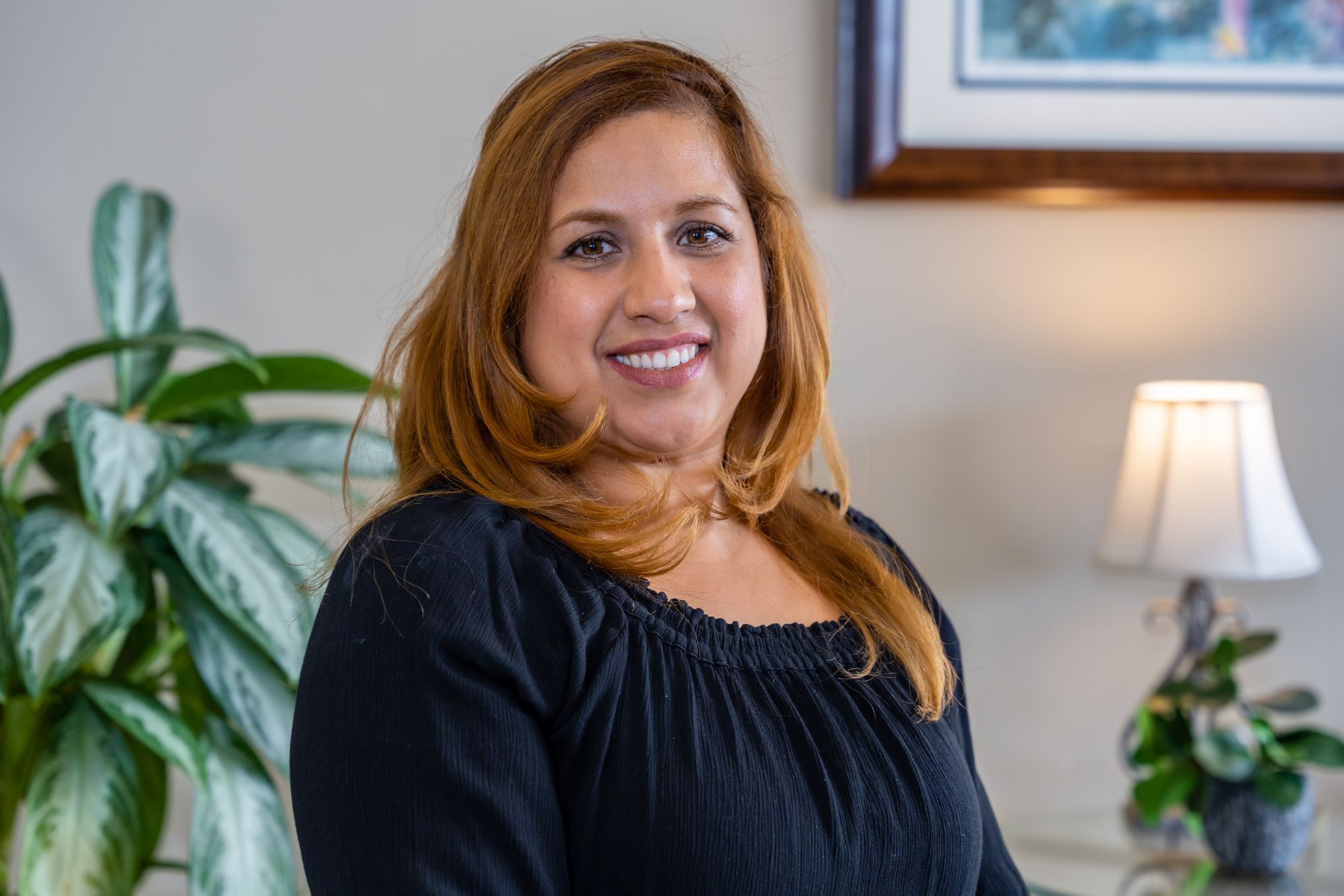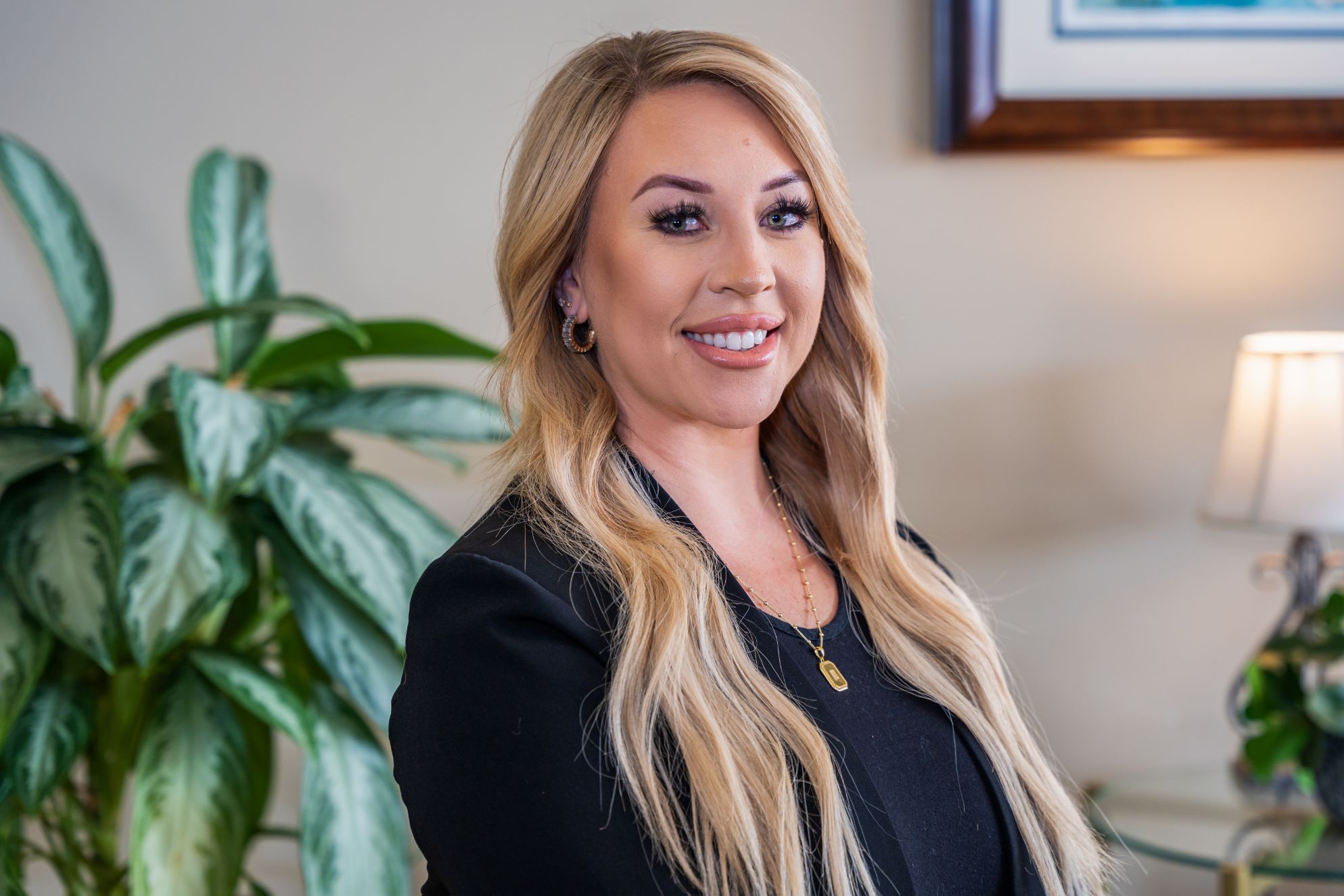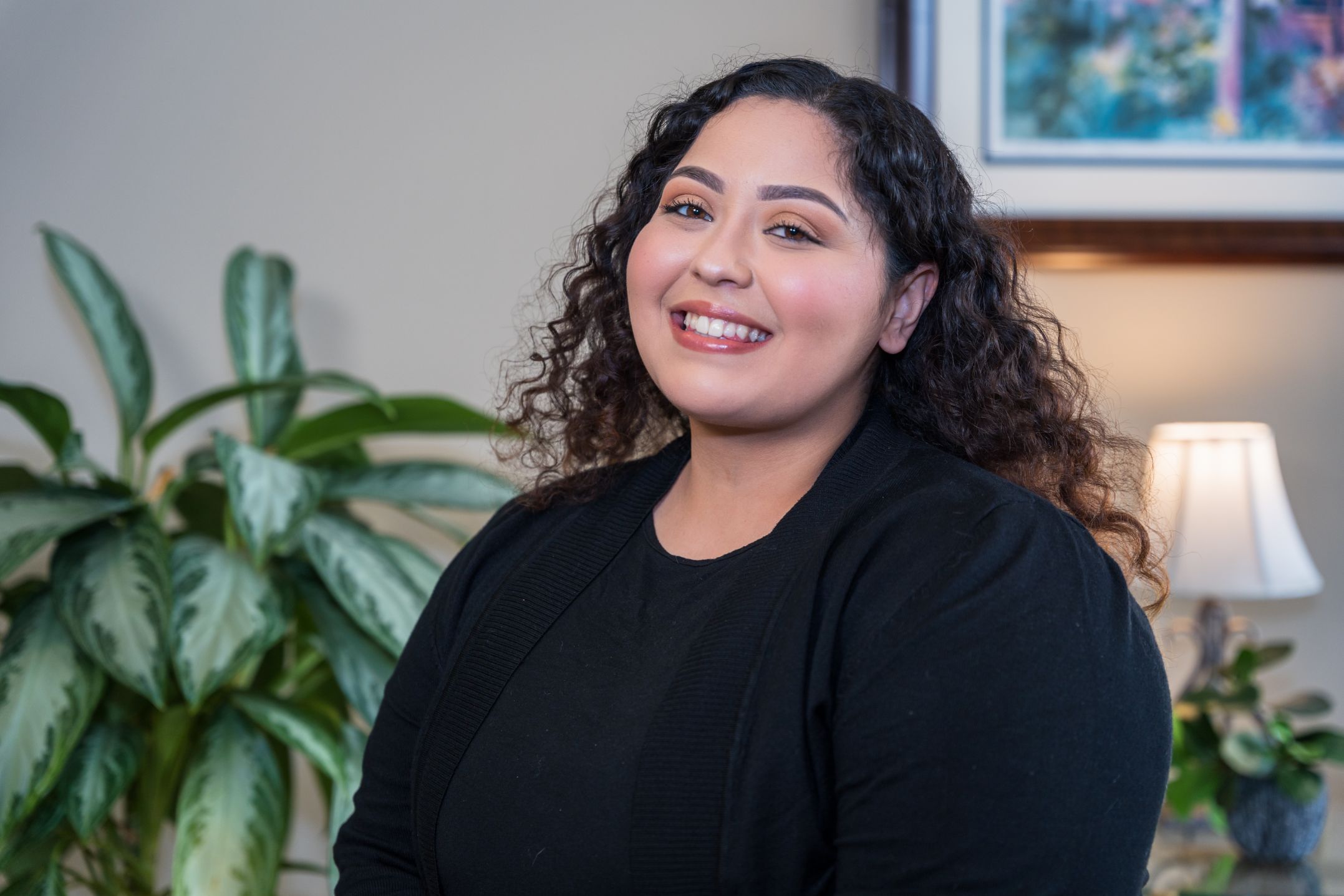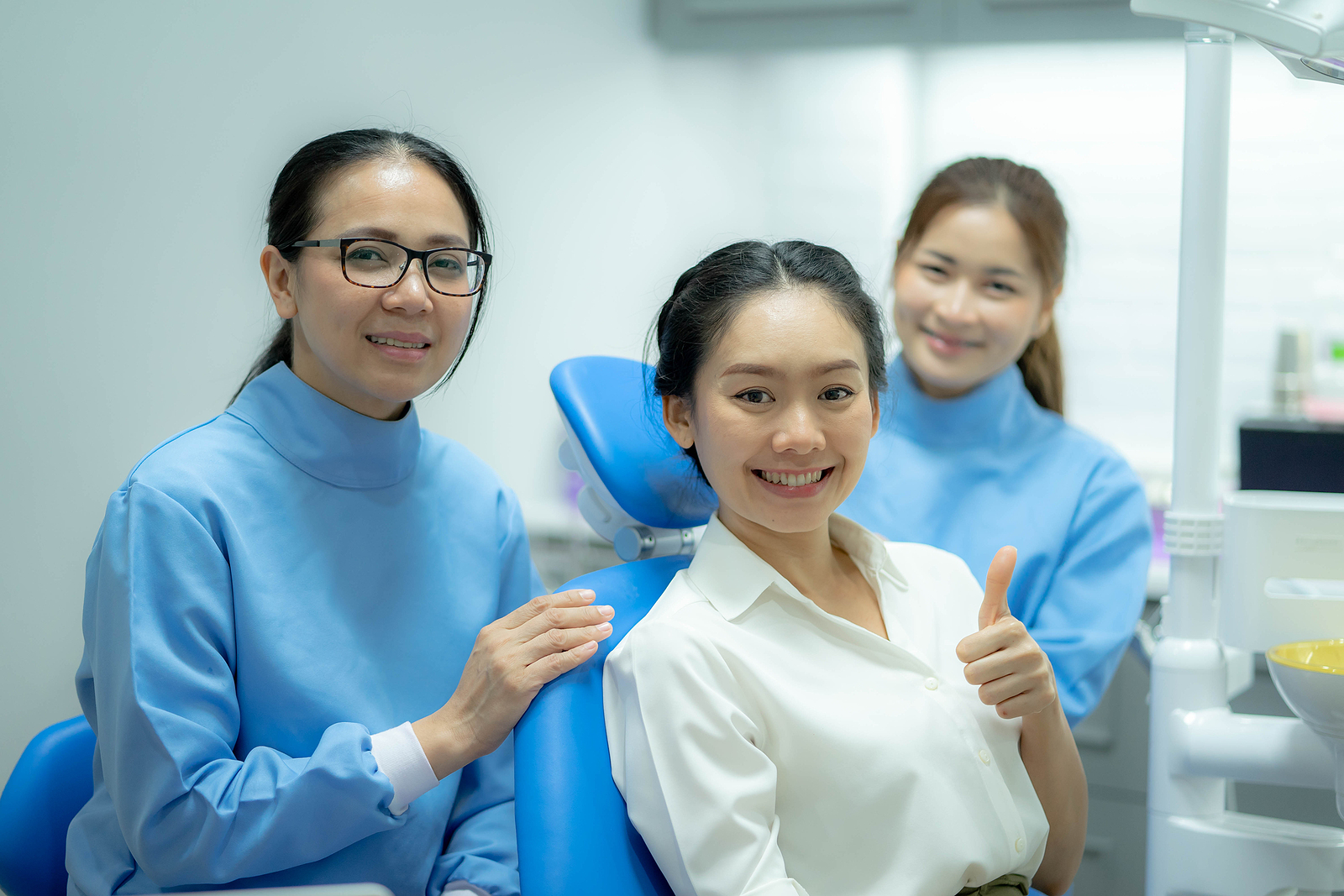Do you fear going to the dentist? Is the thought of a dental appointment making you anxious? People who experience anxiety or fear when visiting the dentist often avoid making and keeping their appointments. Anxious patients tend to put off care, which can put them at risk for a variety of oral health issues. Fortunately, sedation dentistry helps to ease patient fears and reduce pain and nervousness during treatments. As a sedative dentist in Riverside, CA, we understand the fear and hesitation associated with visiting the dentist. We create a relaxing and comfortable environment for our patients so they can receive the dental care they need without worry or stress.
There are a variety of sedation dentistry options that can help you stay relaxed and comfortable during your procedure.
Oral Conscious Sedation
Patients who’ve avoided the dentist due to anxiety or fear may benefit from oral conscious sedation dentistry, which is performed by a trained professional dentist with specialized training in administering sedative medication. Before a patient is prescribed a sedative medication, they will need to undergo a medical evaluation to make sure there aren’t any underlying health problems that would preclude its use.
When the appointment day comes, the patient will arrive at their dental office about an hour early and will need to fill out some paperwork. Then, the dentist will give the patient a small pill that will be taken orally about one hour before the procedure itself begins. The patient will then rest comfortably in a softly lit room, listening to relaxing music as his or her dental treatment is completed. In some cases, patients can even be semi-conscious during their procedure; however, most patients are asleep the entire time. At the end of the appointment, the patient will awaken refreshed and feel no pain at all!
Conscious Sedation
Conscious sedation is a deeper form of sedation than nitrous oxide or laughing gas. It puts you in a sleep-like state, but you’ll still be able to breathe on your own and communicate with our team. It is inhaled by patients before dental treatment to provide a relaxed and calm sensation. Once the procedure is complete, patients are immediately able to leave the dental office without experiencing any lingering effects of nitrous oxide. This sedation dentistry option is typically ideal for patients with mild anxiety.
Intravenous Sedation
With IV sedation, medication is administered to the patient intravenously to help the patient relax during dental treatments. Typically, the sedative is combined with local anesthesia to numb the area of the mouth being treated. Patients are conscious and responsive during the procedure but will feel completely at ease and may not remember anything from the procedure. Since IV sedation allows patients to relax easier, dentists can perform more than one treatment in a single visit. However, some patients may find it difficult to move their arms and legs after waking up from this type of sedation dentistry.
For the best dental care tailored to your needs, visit Riverside Tooth Co at 6886 Indiana Ave Suite B, Riverside 92506, or call (951) 686-2565.
More Blog Posts
Contact Us
6886 Indiana Ave Suite B,
Riverside, CA, CA, 92506
Email: info@riversidetoothco.com
Phone: (951) 686-2565
Working Hours
MON8:00 am - 5:00 pm
TUE - THU9:00 am - 6:00 pm
FRI7:00 am - 12:00 pm
SAT - SUNClosed
